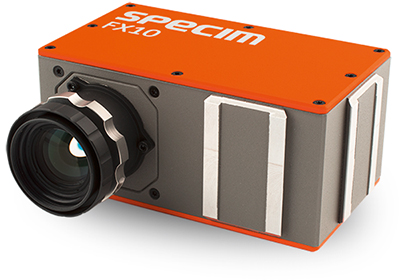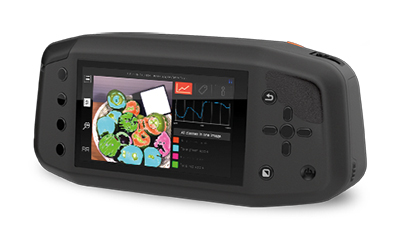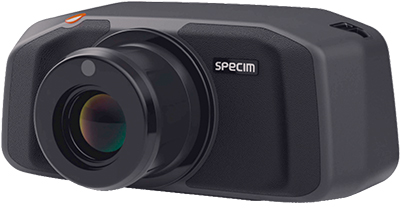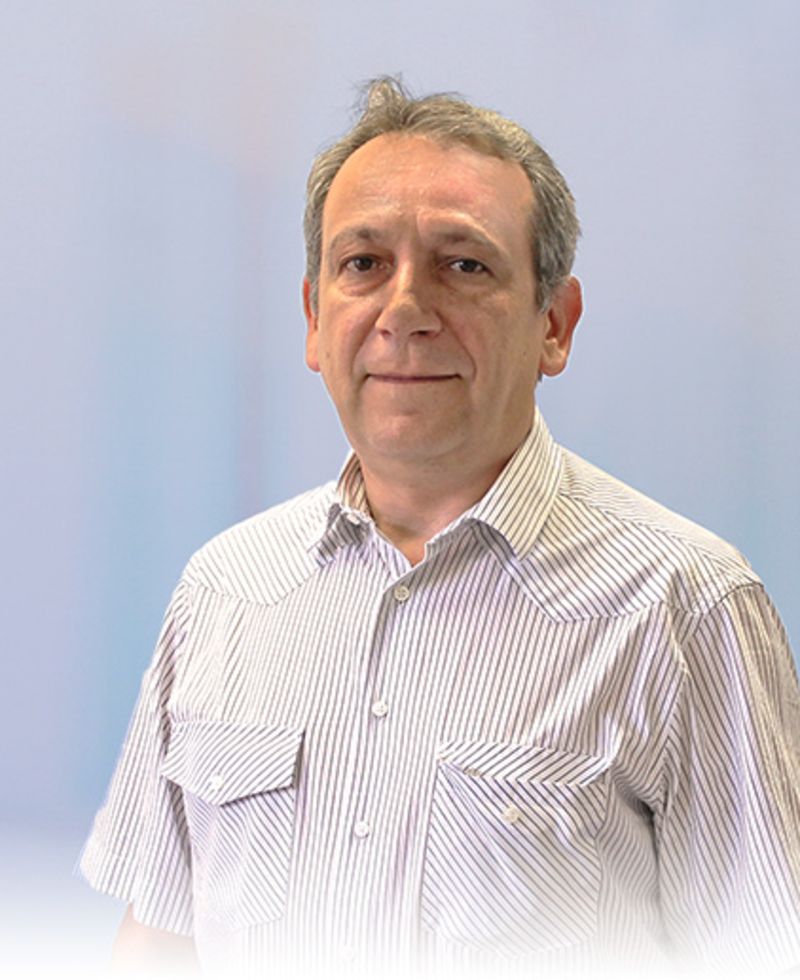Specim IQ or FX10 – The question is not if, but which!
Different materials have distinct spectroscopic fingerprints. Hyperspectral cameras spatially resolve this spectral signature, which allows material identification with high spectral resolution and both spatial distinction and quantification.
Depending on the material, spectral information is distributed over various wavelength ranges. Vegetation information is found in the VISNIR, plastic materials vary in the NIR, and geology, for example, also uses hyperspectral imaging in the MWIR and LWIR.
Choosing the right wavelength is therefore important. Specim, surely Europe’s market leader in hyperspectral imaging cameras for research and development, offers several cameras in the VISNIR. Apart from the high-quality sCMOS camera, there are two more highly sophisticated hyperspectral cameras to choose from: Specim IQ and FX10. Both cameras provide high spatial and spectral resolution. To come to a decision on which is better suited for a particular application, it is important to recognize the differences:
FX10 is mainly focused on speed. It follows push-broom technology, which means it scans moving objects line by line. FX10 features a
frame rate of more than 300 Hz and up to 10000 Hz when the number of spectral bands is reduced in the multispectral mode. This is underlined by optics with an exceptionally low f-number. The fast optics also provide enough signal to allow high frame rates and, as such, integration times. FX10 has 1024 spatial pixels and permits the high-resolution analysis of objects and conveyor belt systems. It comes with a standardized calibration so it can be compared with other cameras in the line. Due to its compact footprint, the camera can easily be integrated in existing systems and production lines. The integrated SDK is a solid basis for customizing applications. To sum it up: the FX10 is perfect for applications with high spectral and spatial resolution and for the analysis of moving objects. It can be used in the field, in a lab or with a drone.
Specim IQ is meant for applications with samples that hardly move. An in-situ spectral analysis of objects takes place inside the camera and enables the quick review of spectral analysis models. Data is stored on a memory card. It is battery-operated and can easily be transported from the laboratory to the field and other relevant areas. An overlay camera renders a visible image of the sample. The camera intuitively leads through the entire process from image acquisition to the analysis. It is thus best suited for immediate analysis and discussion of objects that barely move. Typical IQ applications are not repetitive, but the location where it is used or the samples that are imaged keep changing. The Specim IQ is not integrated in a system like the FX10 and is operated manually or by PC. Any data is instantly analyzed.
Both FX10 and IQ are unrivaled in their fields and provide out-standing high-resolution spectral analyses. However, both cameras take different approaches, depending on whether analysis data is needed immediately, or if samples are in quick motion and need to be measured in an automated process.





